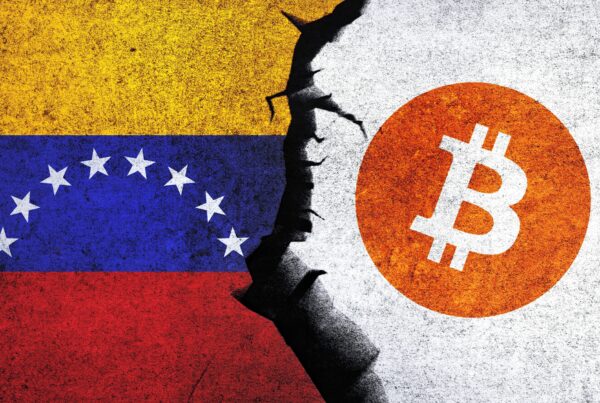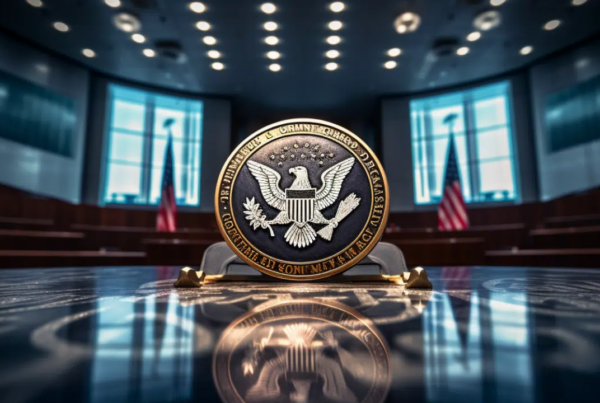Attorneys for former FTX CEO, Sam Bankman-Fried, are appealing to a district court for his interim release from incarceration. They believe this move is crucial for him to adequately review necessary documents for his forthcoming trial. Alternatively, they request that he be permitted to confer with them five days a week instead of the current two days.
Prior to his imprisonment, Bankman-Fried was actively investing 80-100 hours a week in his defense, according to his legal team. They assert that for a robust defense, he requires uninterrupted access to a reliable internet-enabled computer. This would enable him to examine discovery documents, search for relevant evidence context online, draft analytical content, and share findings with his attorneys. A recent letter from the defense, dated Aug. 25, highlighted the inadequacies of the computer provided, particularly the limited battery life, absence of a charging facility in the cell block, and sporadic internet connectivity.
The former billionaire’s bail was annulled, leading to his detention, following allegations by prosecutors of witness tampering. They claim he disclosed private details from ex-colleague and former girlfriend Caroline Ellison’s diary to the New York Times. He was also accused of reaching out to a potential witness using encrypted communication.
Bankman-Fried potentially faces a century-long incarceration if found guilty on multiple charges, notably fraud. The allegations suggest that he, along with other FTX executives, misappropriated billions in customer assets for unsuccessful personal investments. The aftermath saw FTX declaring bankruptcy the previous year.
Judge Lewis Kaplan mandated the government to address Bankman-Fried’s concerns, as expressed in the Aug. 25 letter, by 5 p.m. the following Tuesday.
Moreover, his defense team voiced objections regarding the government’s recent release of four million pages of documents. They argue that this volume of information, so close to the trial date, is overwhelming and virtually impossible for Bankman-Fried to review comprehensively. They labeled this as an instance of the government’s discovery “dump” and claimed it’s a departure from earlier established discovery deadlines, deeming it “fundamentally unfair.”






